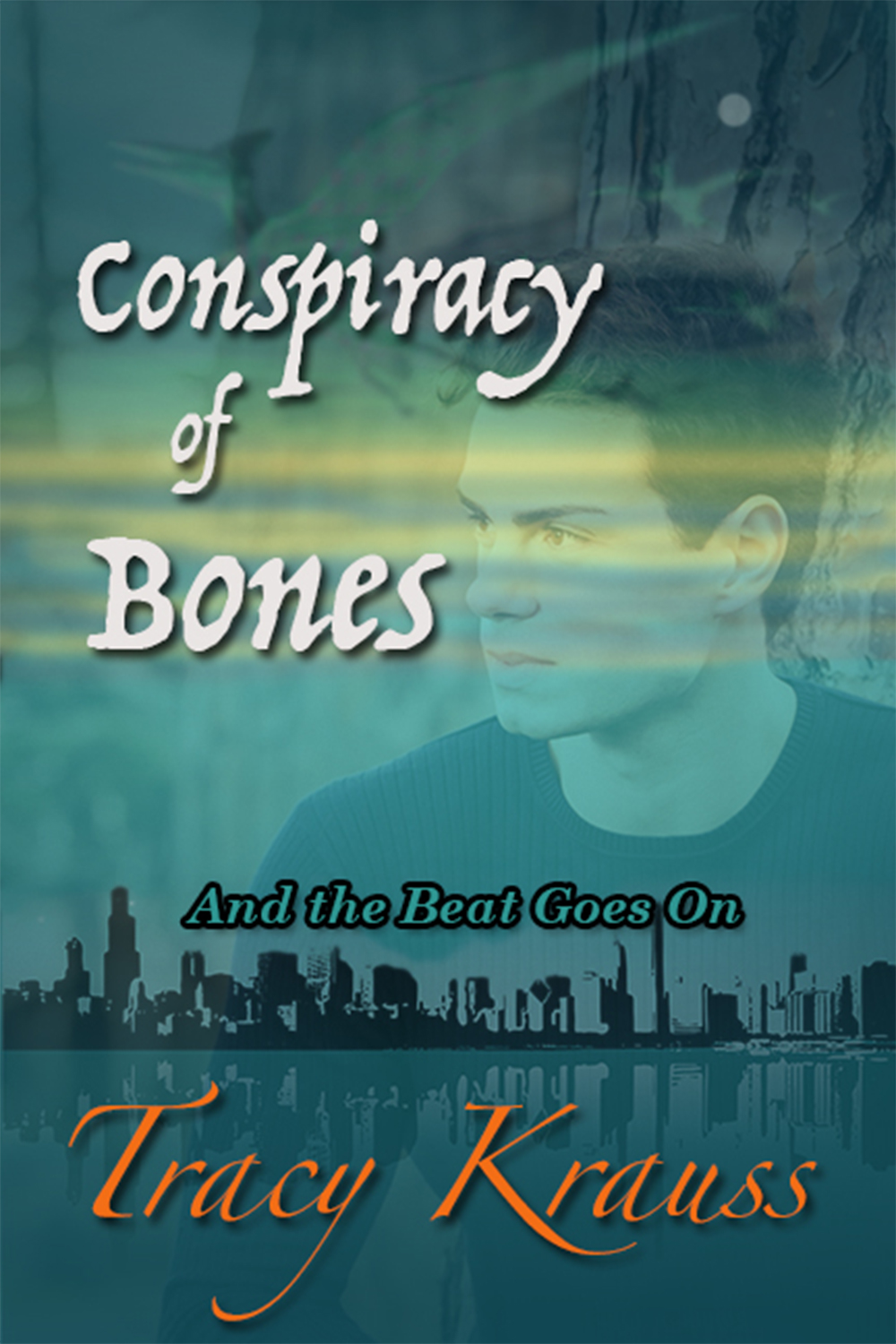
Get your free copy of this award winning book.
Plays rely on recycling all the time. Parodies and adaptations of classic works, fairy tales, and even the Bible are a common way for playwrights to break onto the stage.
Most of my published plays are stage adaptations of familiar stories – fairy tales and other classics that have stood the test of time. I’m okay with being less than original when it comes to writing plays. There are so many fantastic stories out there that are begging to be rewritten for a live audience. I figure if Shakespeare can do it, so can I. For example, his play The Two Noble Kinsmen is a remake of Chaucer’s The Knight’s Tale. (If you don’t believe me, I challenge you to read them side-by-side.)
If you are new to writing plays, adapting a familiar story is a great way to get your feet wet. Of course, it is crucial that before you do anything, you check to make sure there are no copyright restrictions. In essence, anything published before 1923 is considered public domain. That’s why fairy tales, Shakespeare, Dickens, and even Bible stories are fair game. Many works are public domain even beyond 1923 due to various copyright registration rules. You will want to do your research if in any doubt.
I find adapting classic stories for the stage very rewarding, even if the basic idea is not originally mine. Using the given framework of plot and characters still allows for a lot of creativity. It is up to me to make the story come to life – literally. In the previous issue of Fellowscript, I emphasized that a play is not the same as a movie. This is important to keep in mind, even when writing adaptations. The playwright must decide how the story will be staged without the use of complicated sets and scene changes, and how the motivation of each character will come across in their dialogue and actions without sounding contrived. It’s always fun to add some unexpected twists, as well. In my stage version of the Peter Pan classic called Hook’sNemesis, Captain Hook is a neurotic female who has her psychologist as well as her mother on board the pirate ship. My premise started with the thought, “What if Hook had Mommy issues?” and it went from there. (Her mother always wanted a boy…)
Many Christian playwrights choose to adapt Bible stories for the stage, which is another way to hone your skills as a playwright. Another thing I mentioned in last issue’s column was the fact that plays are meant to be produced. Why not offer to write your church’s next pageant? Easter and Christmas are the two most popular, but there are hundreds of other dramatic stories that are easily adaptable to the stage. (Joseph and the Amazing Technicolor Dreamcoat comes to mind.) However, understanding the basics of dialogue, stage movement, and other theatrical dynamics can be  the difference between a ‘nice’ Easter pageant and a truly moving experience.
the difference between a ‘nice’ Easter pageant and a truly moving experience.
Writing plays is a skill set that takes some practice. Scripts also tend to require a fair bit of revision once they are test driven with real actors on a stage. That’s why recycling play ideas from other works is such a great way to start. There is enough to think about in terms of dialogue, action, scene changes, and just the sheer logistics of making it work without having to wonder if the plot has merit. As a bonus, audiences love watching their favourite stories come to life. It’s a win-win!
*Much of this article was originally printed in the May 2016 issue of Fellowscript Magazine.
I remember back in high school being in a play written by another student that was a fresh take on the Robin Hood story- with versions of Canadian political leaders tossed into the mix.
I will enjoy trying this, Tracy. Lots to learn!